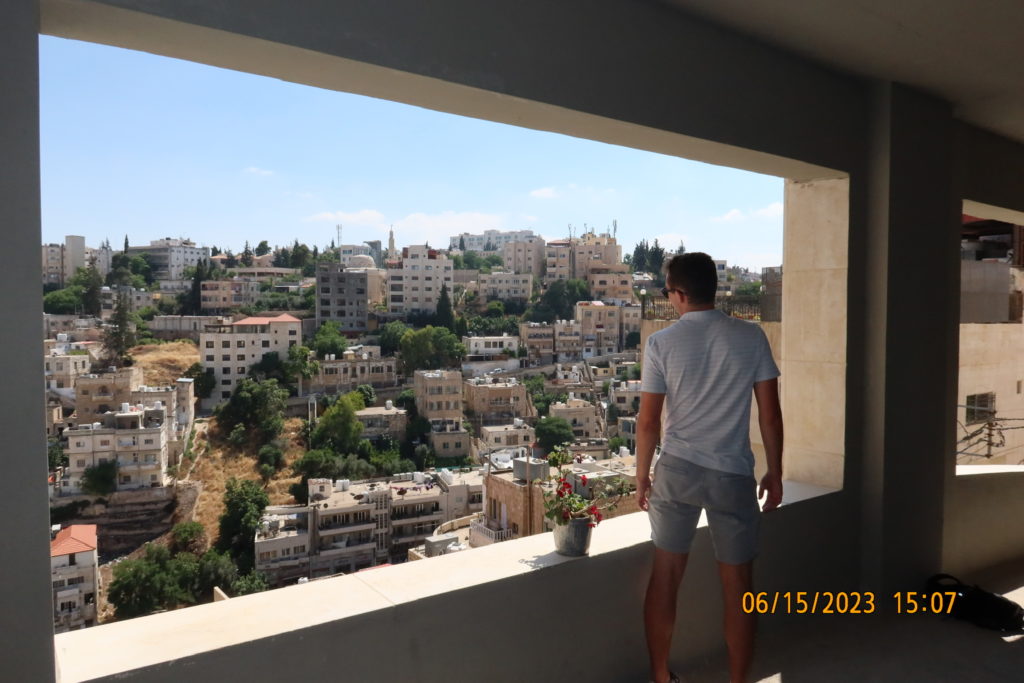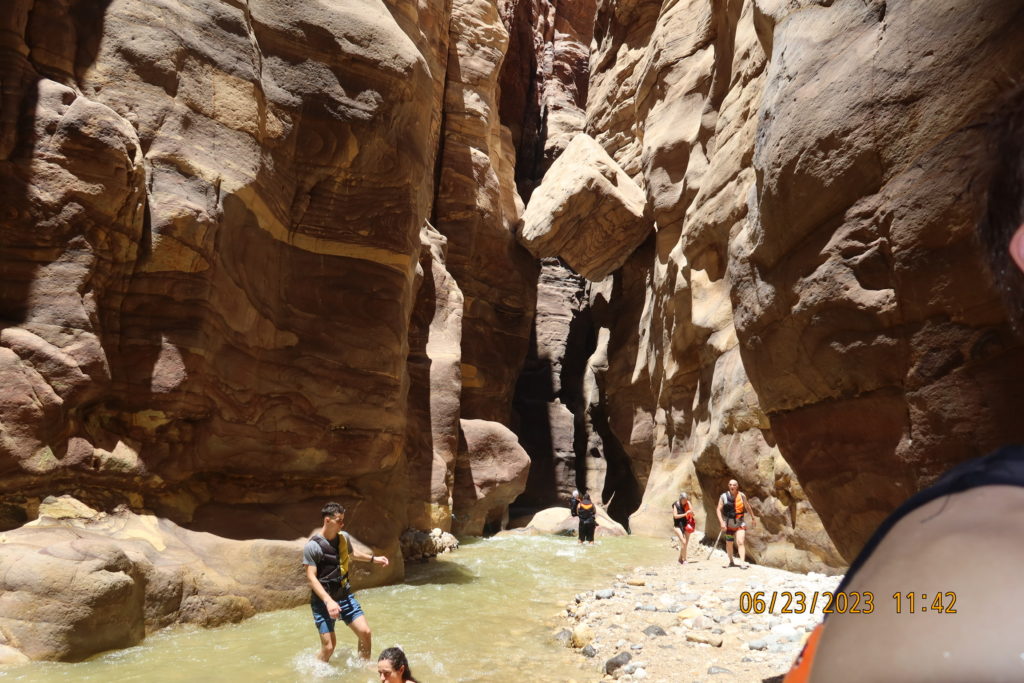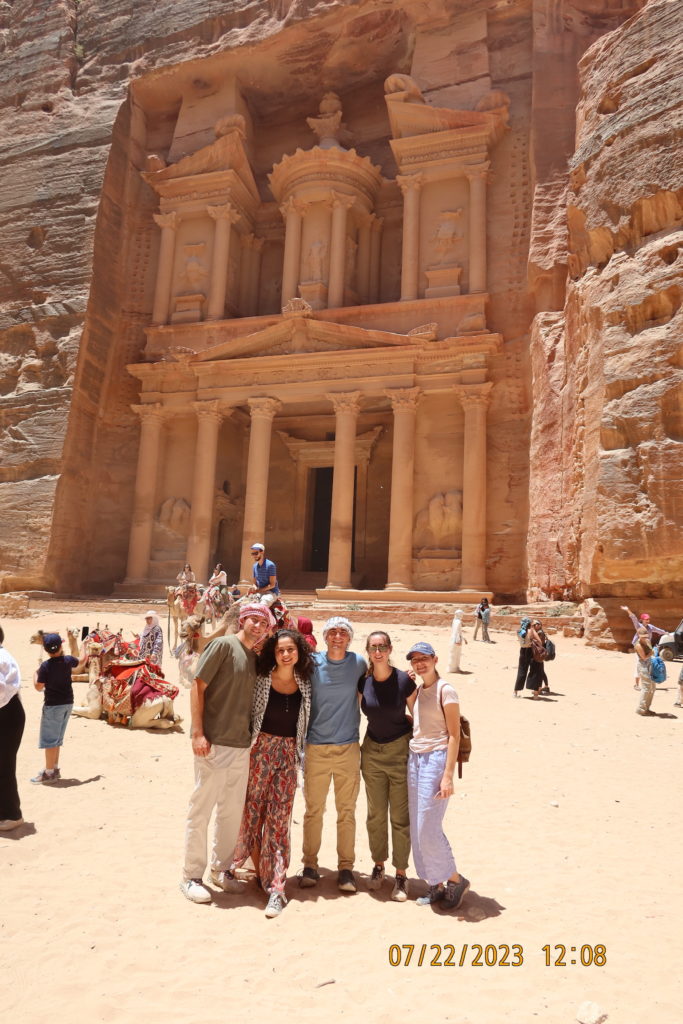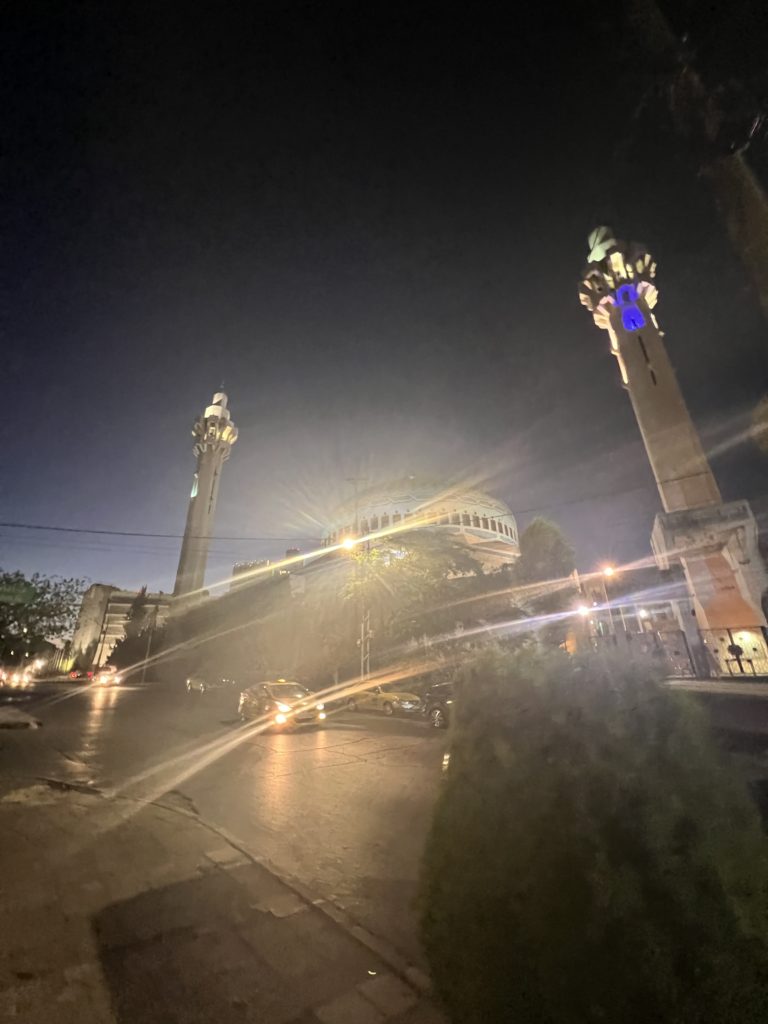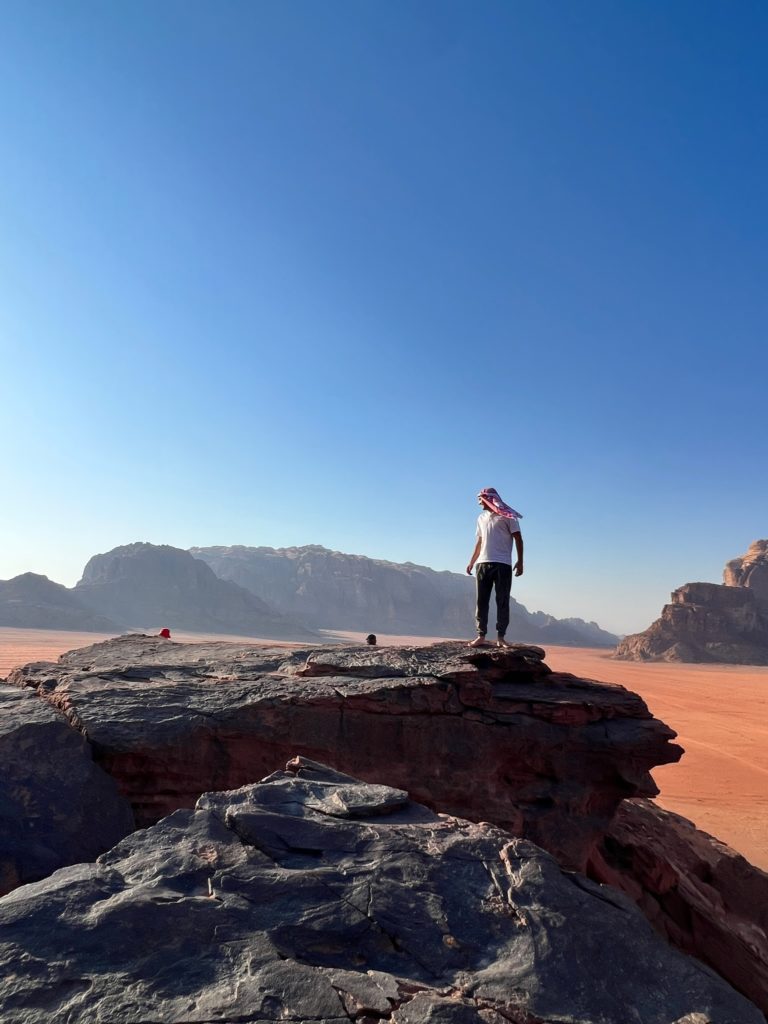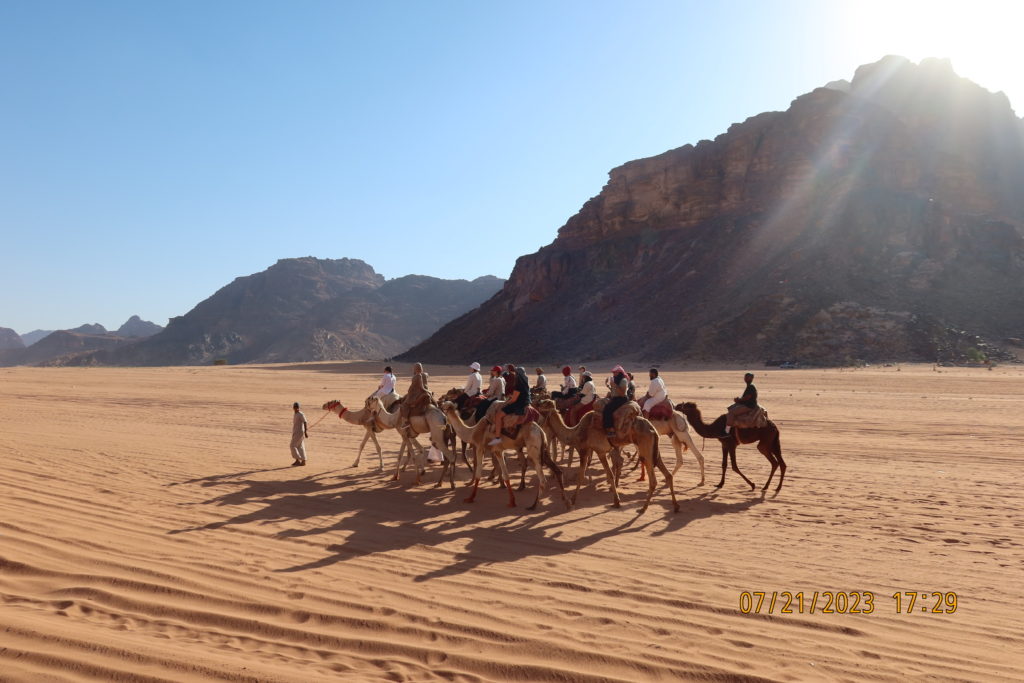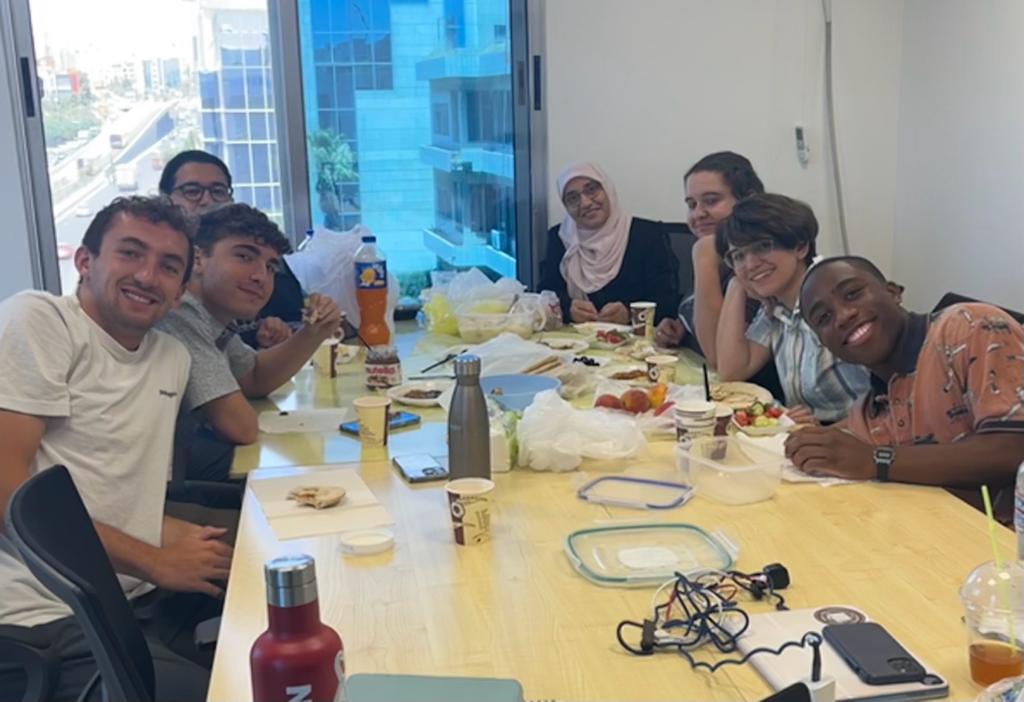
This was a once-in-a-lifetime opportunity. Was I prepared for my summer in Jordan in any way? Absolutely not. There were extremely tough days, my classes were hard, and the culture was strange. However, I got more out of this trip than I could have ever imagined. At the beginning of the summer, I was annoyed and scared by the call to prayer blasting throughout my neighborhood. By the end of the summer, I saw the beauty, dedication, and devoutness of this ritual.
Every week I was there, the strangeness of the Jordanian culture turned to beauty in my eyes. I not only learned the language, but I was able to experience a culture of religion, history, and pride. I shared funny moments with my classmates trying to navigate the city, order food, and just survive in this unfamiliar place. What was arguably more powerful was what I learned about myself and my culture. In America, many people see our culture as burgers, beer, and football. However, Jordanian culture is anchored heavily to family and religion. In the US family sizes have shrunk and Sunday is no longer a day of rest. High achievement, innovation, and money lead the lives of many Americans, yet these themes were not present at all in Jordan. While I was shocked initially, I learned that sharing a meal with family and devoting your entire Friday to prayer was far more important to the Jordanians than anything else. The family unit truly was a unit here, and people did not leave their houses until they were starting a family of their own. Along these lines, many Jordanians took us Americans in as a family. They said that because we are far from our families, we could be a part of theirs. This to me was beautiful. My professor and a lady we met at Church both said that I could call them “Om”, the word for mother in Arabic.
On the other hand, I learned the not-so-beautiful parts of the culture. I saw firsthand, how the lives of women can be hard due to the obligations within the family structure. Also, the lack of a robust government structure meant public transportation and social services were scarce. Like the US, Jordan is not perfect, but being able to live there and experience the good and bad was critical to my formation as a human being. Despite cultural and especially religious differences, I was able to conclude that the thing that unites us all is our humanity. While some people did not like us because of our religion or the fact we were Americans, there were many who acknowledged this difference and accepted the beauty of it. Words cannot describe my experience this summer, but it was the most formative experience of my life. This experience has allowed me to think about what it means to be a better global citizen for others, how differences in culture can affect everything, and how how to appreciate something that is so different.
